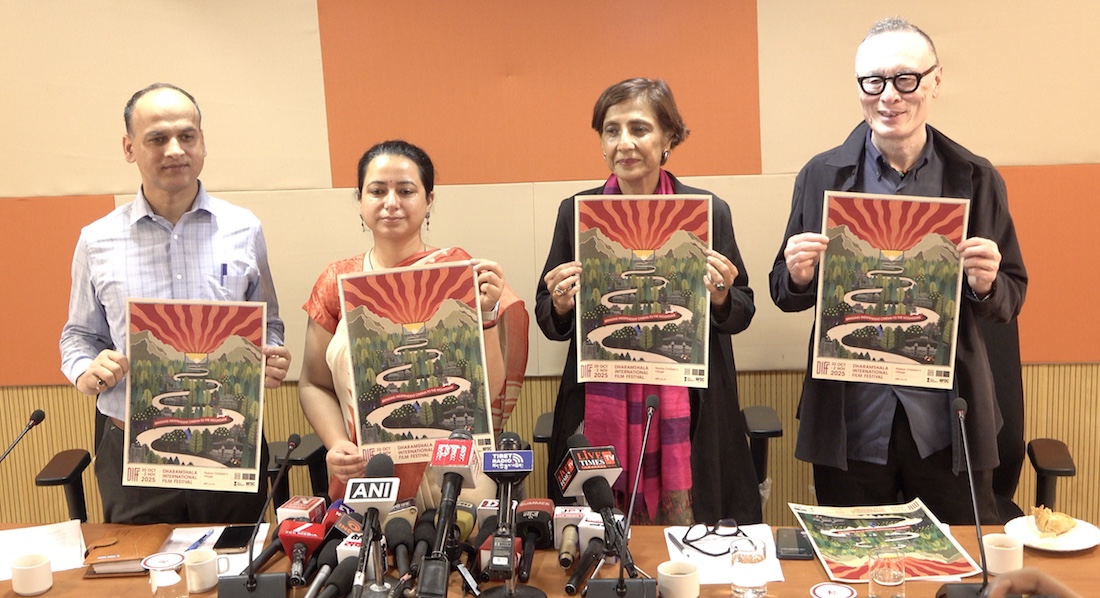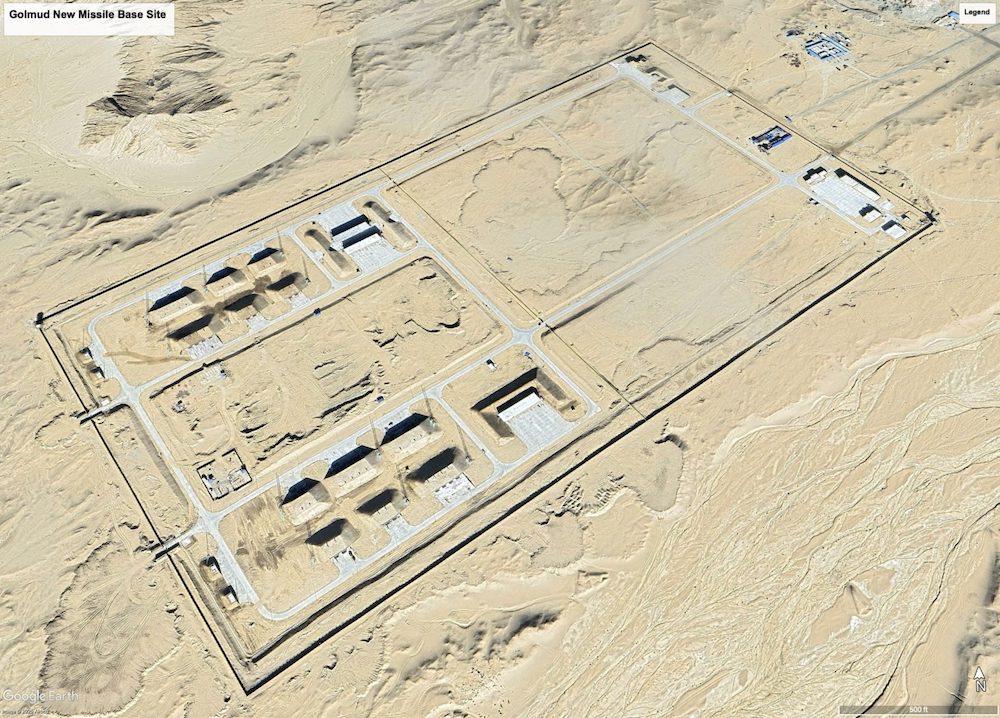By Darren Ennis
BRUSSELS, April 7 – The European Parliament is expected to call on Wednesday for a boycott by EU leaders of the opening ceremony at the Beijing Olympics, unless China engages in talks with the Dalai Lama over the violence in Tibet.
The main political groups within the EU assembly met on Monday to agree a cross-party resolution outlining how they believe the 27-member bloc should respond to last month’s anti-Chinese protests in the Himalayan province.
The resolution, to be voted upon on Wednesday and obtained by Reuters, says: “The European Parliament calls on the EU presidency in office to strive to find a common EU position with regard to attendance at the Olympic Games opening ceremony with the option of non-attendance in the event if there is no resumption of dialogue between the Chinese authorities and His Holiness the Dalai Lama.”
Last month Tibet’s capital Lhasa was the centre of protests by Buddhist monks opposed to Chinese rule, which Beijing blamed on the Dalai Lama, who lives in exile in India.
Tibet’s spiritual leader denies inciting the bloody rioting and said he wants talks with China to discuss Tibetan autonomy, not independence. Beijing refuses to talk to him.
So far Slovenia, which holds the six-month presidency of the bloc, and senior officials in Brussels have condemned the unrest in Lhasa, which has overshadowed the Asian powerhouse’s Olympic preparations. They have urged talks between both sides, but have stopped short of calling for any boycott of the Games.
“This resolution by the parliament sends an ultimatum to China to talk to the Dalai Lama or face the prospect of a boycott,” a senior parliament official involved in drawing up the resolution told Reuters.
“Basically the message is: talk to the Dalai Lama before August or risk a half-empty stadium and more embarrassment.”
Wednesday’s vote in Brussels takes place after a relay of the Olympic torch ran into crowds of pro-Tibet protesters in London on Sunday and Paris a day later, forcing it to be extinguished a number of times.
The directly-elected legislature — which is a co-decision maker in about 90 percent of the bloc’s policies — has no direct say in EU foreign matters.
But it can put huge political pressure on the EU presidency, the bloc’s executive Commission and EU High Representative Javier Solana to act in accordance with their views.
Last month, parliament president Hans-Gert Poettering, a close ally of German Chancellor Angela Merkel, said the EU should examine the possibility of not attending the opening ceremony in Beijing.
Some EU leaders and foreign ministers, such as French foreign minister Bernard Kouchner, have also mooted the idea of staying away from the Games.
Some leaders say the two issues must remain separate, while others are concerned that any boycott might damage lucrative EU-China trade and economic ties.
(Editing by Matthew Jones)









